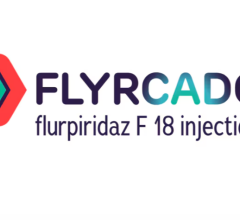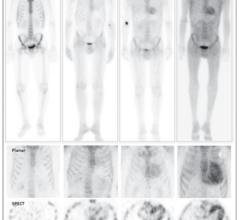
April 12, 2013 — Lantheus Medical Imaging has entered into a new agreement with Fujifilm RI Pharma (FRI) to license and distribute Cardiolite (Kit for the Preparation of Technetium Tc99m Sestamibi for Injection) and Neurolite (Kit for the Preparation of Technetium Tc99m Bicisate for Injection) in Japan.
Under the terms of the 10-year agreement effective January 1, 2013, which immediately follows an earlier 10-year agreement with FRI, Lantheus will continue to supply FRI with Cardiolite and Neurolite in finished form as well as provide the raw materials to manufacture and sell the products in unit dose form. Cardiolite and Neurolite are technetium-based radiopharmaceutical imaging agents used in single-photon emission computed tomography (SPECT).
“Japan represents one of the largest markets for imaging agents worldwide,” said Don Kiepert, president and CEO, Lantheus Medical Imaging. “As such, we share a joint commitment with FRI to provide proven, reliable medical imaging technologies to healthcare providers and patients. This commitment includes ensuring continued access to Cardiolite and Neurolite for SPECT imaging.”
Cardiolite has played a vital role in the diagnosis and management of patients with known or suspected coronary artery disease for almost two decades. Cardiolite is a myocardial perfusion agent that is indicated for detecting coronary artery disease by localizing myocardial ischemia (reversible defects) and infarction (non-reversible defects), in evaluating myocardial function and developing information for use in patient management decisions. Cardiolite evaluation of myocardial ischemia can be accomplished with rest and cardiovascular stress techniques (e.g. exercise or pharmacologic stress in accordance with the pharmacologic stress agent’s labeling).
For more information: www.lantheus.com


 March 25, 2025
March 25, 2025 









